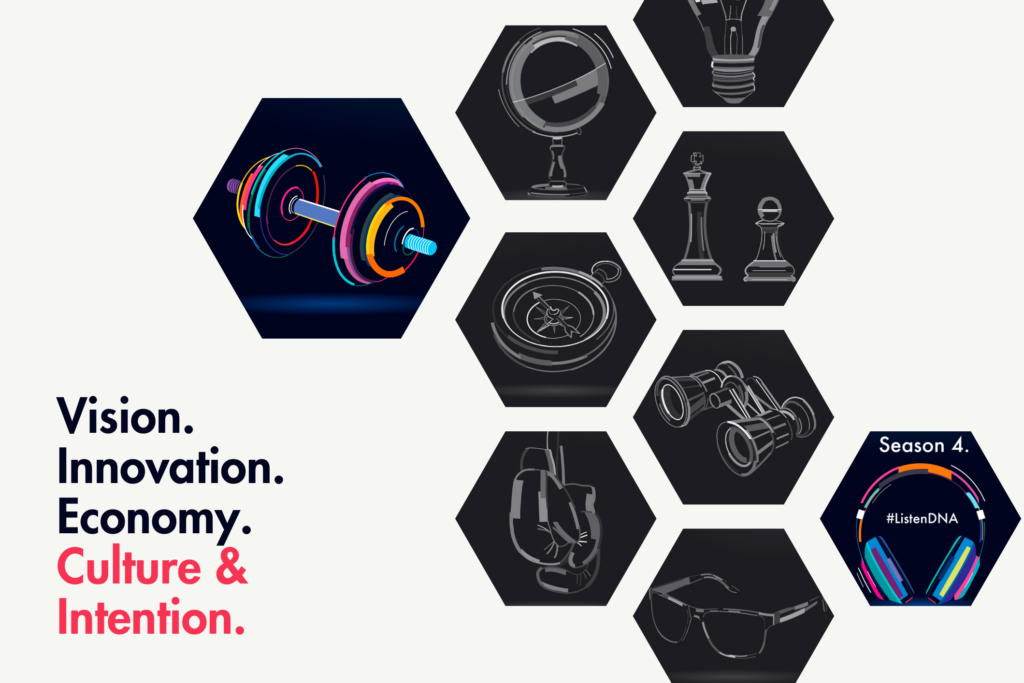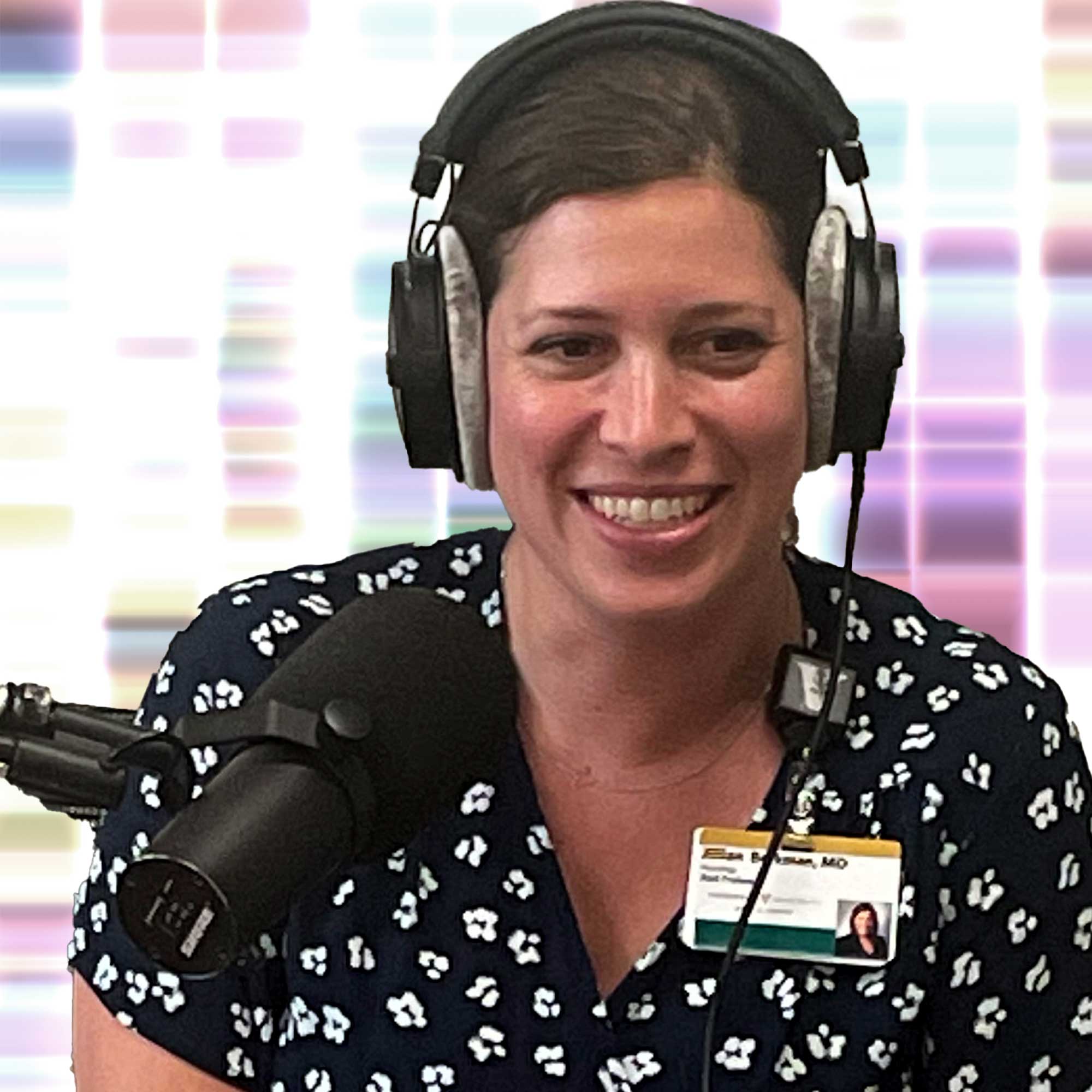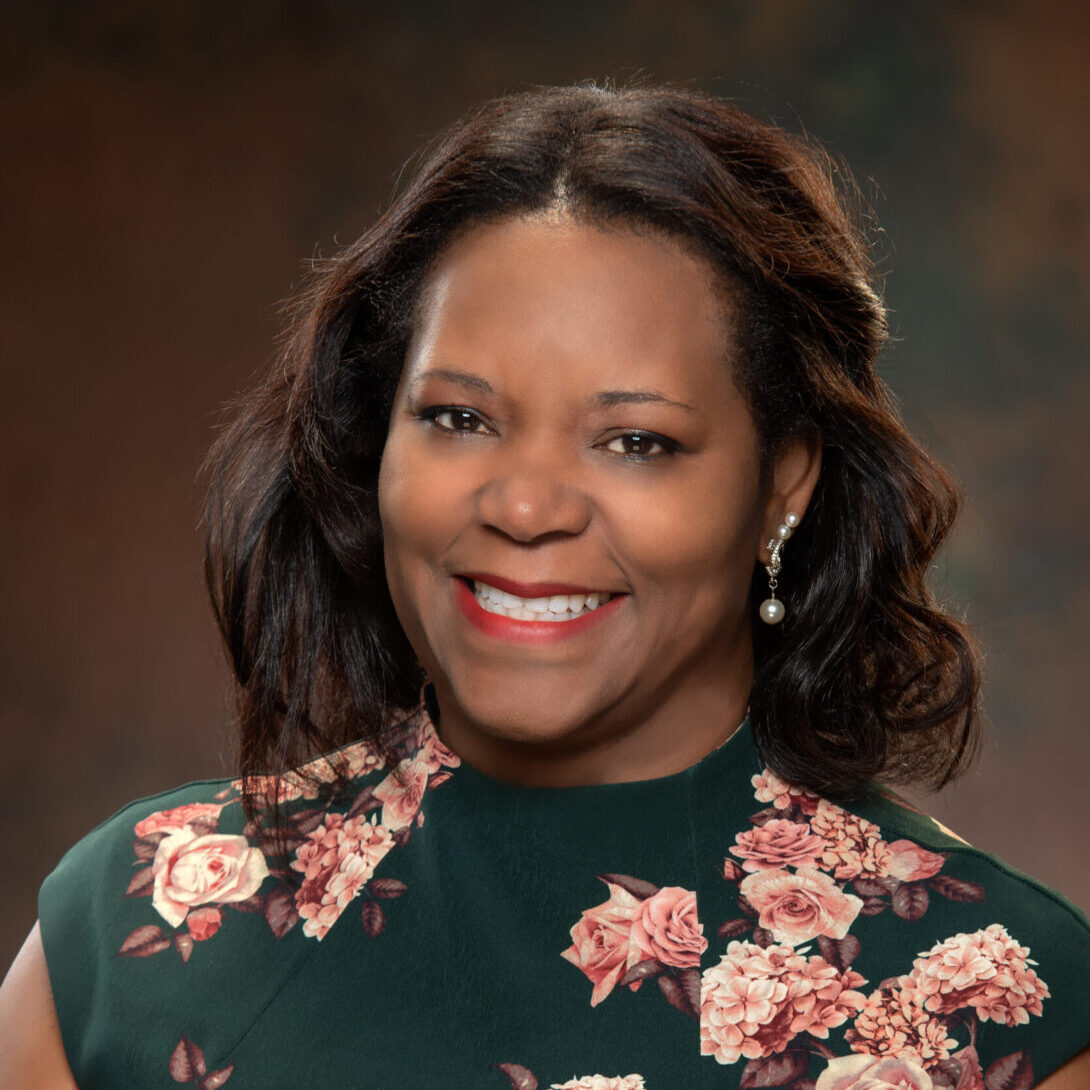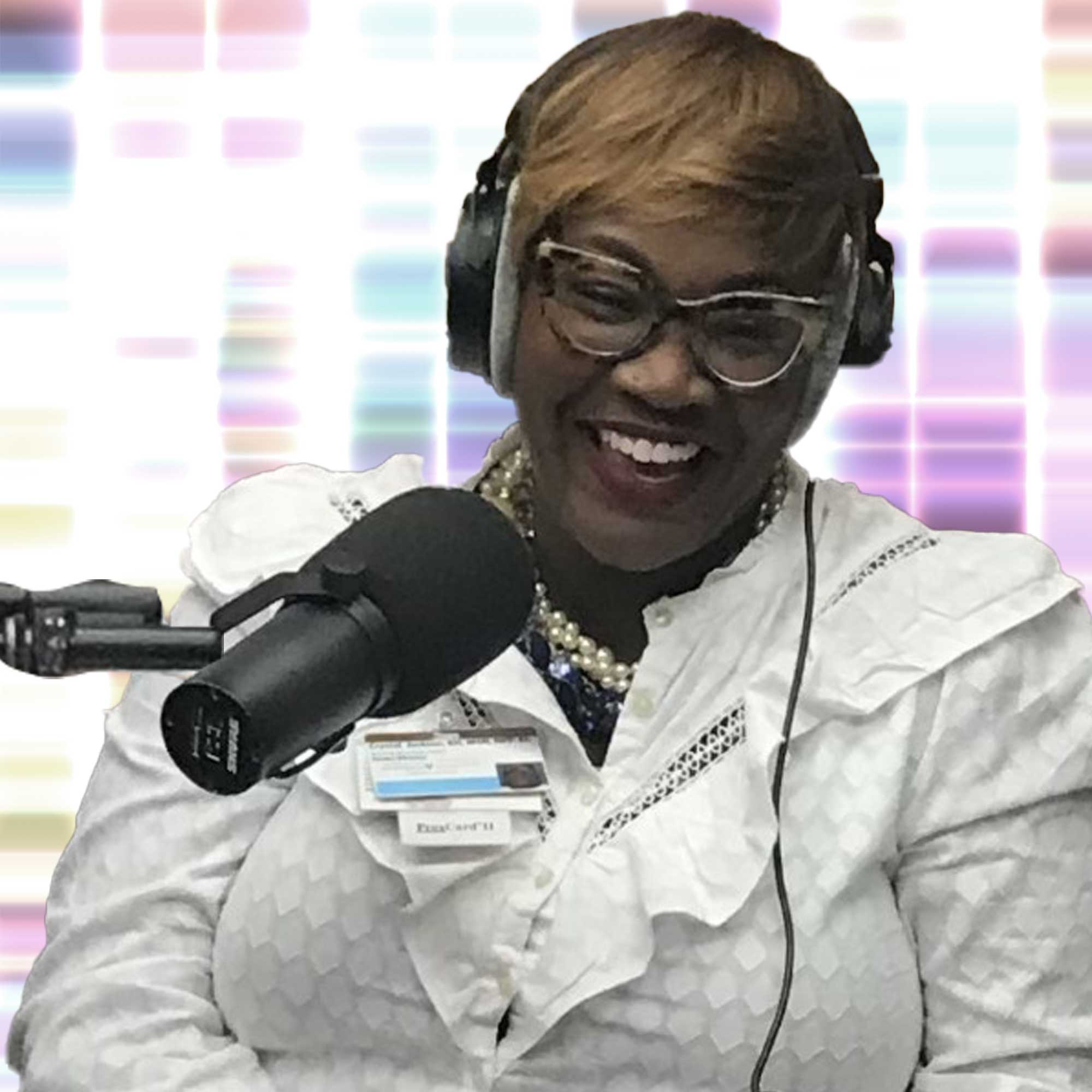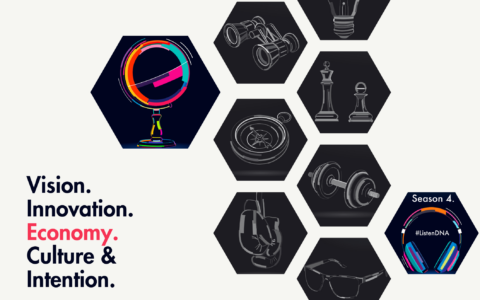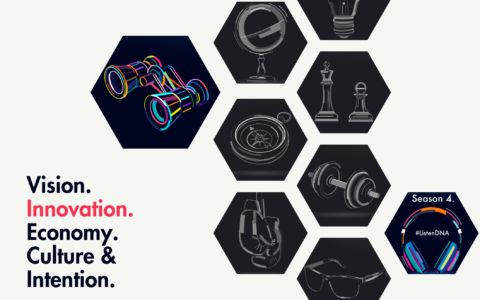“We have to be better prepared for generations that won’t tolerate stagnation, injustices and have higher expectations for change. Our approach to the work, I think, is grounded differently and we try and make sure we’re bringing in rigor and methodology to ensure that it’s really good science. Our biggest levers for change are going to be at the system level or structural level.”—Dr. Consuelo Wilkins, MD, MSCI, Senior Associate Dean for Health Equity and Inclusive Excellence.
Wilkins’ work to operationalize health equity initiatives and institute anti-racism efforts within Vanderbilt University Medical Center is well chronicled across DNA’s seasons.
In this episode, the geriatrician explains a marquee hiring initiative in tandem with Vanderbilt University – V-FIRST – and why cluster hiring is important. Wilkins, a renowned health equity expert who has testified to the U.S. Senate in D.C., also talks about why it’s critical to build systems that sustain culture change. Hint: it involves research.
- The nation hasn’t made much progress on health equity. These leaders forged ahead anyway
- New port scale rebalances burden of initiating trust in science
- Achieving Health Equity through Inclusive Science
- Racial Equity Plan: Developing Specific Actions for Anti-Racist Health Care
“In the next five years, we want to make sure that we’re preparing any individual that we’re hiring today to be in a workforce that is welcoming, and they feel like they belong. Nursing is not limited to a one size fits all, is what I would say.”—Crystal Jackson, MSN, RN, NPD-BC, Senior Director of Nursing Education and Professional Development.
Jackson explores how the rate of change in nursing is intertwined with the need to encourage more people to enter the field and embark on the many pathways nursing offers–from IT to supply chain and education.
Going into nursing offers “opportunities to advance on the professional ladder… nursing is an area where you can really use your imagination and be adventurous and choose your own path,” says Jackson, who is passionate about making sure VUMC’s globally competitive Nurse Residency Program, and the many others she works with, are creating a culture where people want to be, and want to share with others.
- Residency program supports newly licensed RNs as they transition from students to professional nurses
- VUMC granted four year reaccreditation by ANCC
“I remember being told when I was younger in my training that because I had this passion for helping others and wanting to do [health equity] work that I needed to go into primary care, and that that was the only specialty that I could do that in. And I just thought, ‘how is that the case?’ There are these disparities that exist in every single specialty. We have to have advocates in every specialty.”—Jillian Berkman, MD, Assistant Professor in the Department of Neurology’s Stroke Division and Co-Director of Resident Health Equity Certificate Course & Director of Foundations of Health Equity in the Office of Health Equity.
Berkman takes listeners through her health equity origin story, and how she and fellow medical students at Vanderbilt University School of Medicine spearheaded crafting a social mission. In the years since she graduated, the health equity focus in VUSM blossomed – and Berkman and mentor-turned-colleague Wilkins talk about how proud of they are of the ever-expanding program.
Berkman envisions a future where health equity is so interwoven into medical education that a separate curriculum isn’t necessary.

